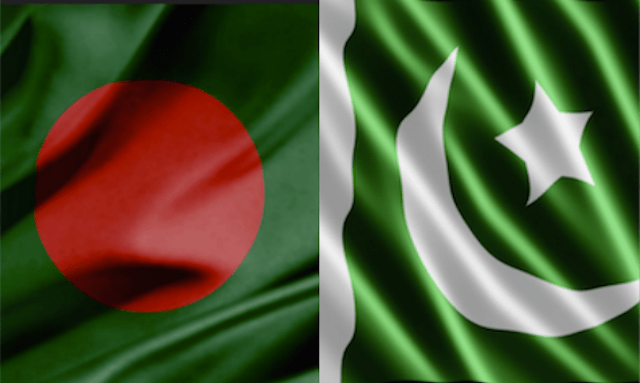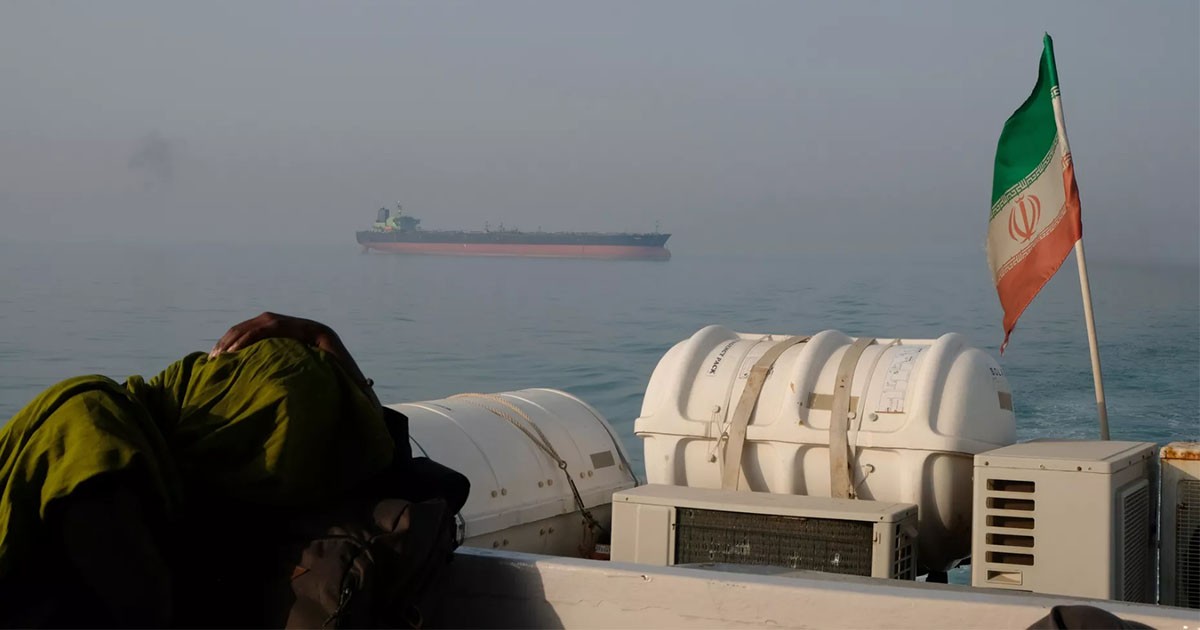Ikram Sehgal |
Time it is said heals all wounds. But in the case of Pakistan and Bangladesh, two countries that had buried the past; a renewed picking of the wounds has restarted. Twenty-four years of shared history between the eastern and western wings of Pakistan preceded the violent emergence of Bangladesh on a groundswell of hate and bitterness on 16 Dec 1971. Yet a little more than 2 years later when Zulfikar Ali Bhutto visited Dhaka in 1974 at the invitation of Shaikh Mujibur Rahman, he was received by cheering crowds raising “Pakistan Zindabad” slogans.
Since 2009, all the memories of hatred and bitterness that defined 1971 have been revived with intensity and purpose.
For the next 30 years or so, a bonhomie developed which year after year kept on exercising bit by bit the bitterness of the past. As a mark of growing confidence about their investments being secure, Pakistani industrialists flooded the newly created export processing zones.
Courts Being Compromised
During the second term of Awami League (AL) Leader Ms. Hasina Wajed, all this changed dramatically. Since 2009, all the memories of hatred and bitterness that defined 1971 have been revived with intensity and purpose. While the founding party of Bangladesh always promotes a nationalist agenda, and it has every right to do so, the airing of anti-Pakistani propaganda at the behest of India after three decades of increasing love and friendship was totally unnecessary and goes against the grain.
Read more: “Heroes” of 1971: Bloodthirsty Game Killing Pakistani Soldiers Goes Viral in
In the year 2010, India used the Bangladeshi nationals accused of alleged war crimes in 1971 and backed up the AL leadership. Their trials represented the new found Hasina Wajed obligation to India. The International Crimes Tribunal (ICT) being used for the trial is incidentally not an international court as the name suggests but a national court based on a Bangladeshi statute passed in 1973.
One of the most blatant and fallacious myths is the assertion that the Pakistan Army committed “genocide” killing “three million Bengalis” between the period March to Dec 1971.
Almost all the accused are members of the Jamaat-e-Islami (JI), a religiopolitical ally of Begum Khaleda Zia’s Bangladesh Nationalist Party (BNP). Islamists are being targetted because they pose a threat to the ‘secularism’ espoused by the AL. Since late 2013, many opposition politicians, including four JI leaders, have been executed after being convicted by the ICT; some were given life sentences. Ministers in the previous BNP govt, most of the ‘guilty’ were Islamic scholars.
Writing in the World Post (a partnership of Huffington Post and Berggruen Institute) titled “Justice denied as Bangladesh prosecutes war crimes”, Ronak D. Desai, Affiliate of the Belfer Center’s India and South Asia Program, Harvard University says, “Afflicted with a host of procedural and substantive defects, the proceedings of ICT have fallen far short of governing standards of international law. The special court appears to have become politicized, with the ICT’s prosecutions widely regarded as a mechanism for AL to target political enemies. The flawed proceedings have raised difficult but familiar questions about whether a relatively nascent state can administer international justice in a fair and neutral manner. The tribunal’s judges have been found colluding blatantly with the court’s prosecutors. The brazen government interference with the court’s deliberations has been extensively documented. Reports of defense counsel and witnesses being harassed, intimidated, and even arrested have become increasing commonplace.”
Read more: Has anyone been held accountable for the catastrophe that created Bangladesh
Since 2009 all the memories of hatred and bitterness that defined 1971 have been revived with intensity and purpose.
On Oct 29, 2014, Al Jazeera recorded, “Human Rights Watch and the International Bar Association are just two of a number of bodies that have formally criticized the ICT for being incompatible with international standards on matters of transparency and fairness, and for not following due process.”
Oblivious to all such criticism Hasina Wajed’s govt has speeded up the anti-Pakistan agenda. A more surprising fact is that in the year 2013, Mian Nawaz Sharif and the Bangladeshi PM had developed very close ties. Sufficient time has passed since the turbulent events of 1971 for the wounds to heal, as time went by it has become more difficult for many of the actual facts to be verified.
Revival of the Long-Forgotten Myths
Raking up old wounds emphasizes the strong state of denial persisting in Bangladesh. A hype is being created by fiction-mongers in India operating through proxies in Dhaka (the “Shahbagh” protesters lot snarling up traffic in the center of Dhaka on a daily basis) to create their own version of Bangladeshi history.
A cursory inquiry showed that the stay of hundreds of protesters in Hotel Shahbagh was financed from an “unknown source”. This perpetuates perceptions of gross victimization of Bengalis, distorting of events to suit their selfish and perverted anti-Pakistani agenda.
Read more: Bangladesh Politiking to Commemorate March 25 as ‘Genocide Day’
There is now an urgent need to stop the flow of rhetoric or unnecessary reference to history that is painful for both the parties. Only people-to-people contact will enhance mutual understanding and rebuild lost confidence to promote long-term cooperation.
One of the most blatant and fallacious myths is the assertion that the Pakistan Army committed “genocide” killing “three million Bengalis” between March and Dec 1971. While the actual source for this claim is believed to be Sheikh Mujeeb himself, this gained currency despite its gross incredulity and absurdity. Quoted endlessly in books, articles, the media, etc without mentioning any source or reference, this claim has been repeatedly challenged by research scholars at the international level and within Bangladesh as well.
Sarmila Bose, in her well-researched book ‘Dead Reckoning’ deals with this issue, says: “These figures are not based on any accounting or survey on the ground and have been repeated in South Asian and western academia and media for decades without verification.” She further writes: “the Pakistani Army has been “demonized” by the pro-liberation side and accused of “monstrous actions regardless of the evidence”, while Bengali people have been depicted as “victims”. Lest one forget, what about the thousands of non-Bengalis who were massacred in East Pakistan, does anyone even care to remember them?
Read more: Pakistan: Defying the Adversary’s Hybrid Warfare
India’s Dirty Game
Playing its own game to establish hegemony in the region India is very keen to get Bangladesh to renounce its Islamic affiliations. With China investment heavily in the energy and other sectors of Bangladeshi economy. India wants to neutralize its growing influence in Bangladesh. Giving more economic leverage to Bangladesh, India has allowed Bangladesh to have a bigger share of their growing economic success.
A hype is being created by fiction-mongers in India operating through proxies in Dhaka to create their own version of Bangladeshi history.
While one can never change the past, one can surely hope for a better future, especially in today’s globalized world where borders are becoming irrelevant and barriers are vanishing. Countries have no option but to become more inter-dependent for their survival. There is now an urgent need to stop the flow of rhetoric or unnecessary reference to history that is painful for both the parties. Only people-to-people contact will enhance mutual understanding and rebuild lost confidence to promote long-term cooperation.
Read more: Pakistan & Afghanistan: Victims of each other?
Since Pakistan and Bangladesh do not share any borders, this should be less challenging. Both are victims of terrorism and their stance supports the global war on terror. Tackling their differences seriously, the two Muslim countries must assiduously try to work toward true reconciliation by facing down the demons of the past, forgive each other for the excesses from either side and set aside the lingering acrimony and bitterness. Let us bury the past, not the future.
Ikram Sehgal, author of “Escape from Oblivion”, is Pakistani defense analyst and security expert. He is a regular contributor of articles in newspapers that include: The News and the Urdu daily Jang. The views expressed in this article are the author’s own and do not necessarily reflect Global Village Space’s editorial policy.














